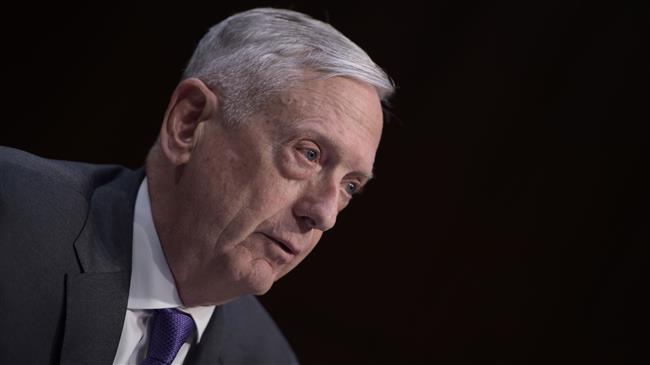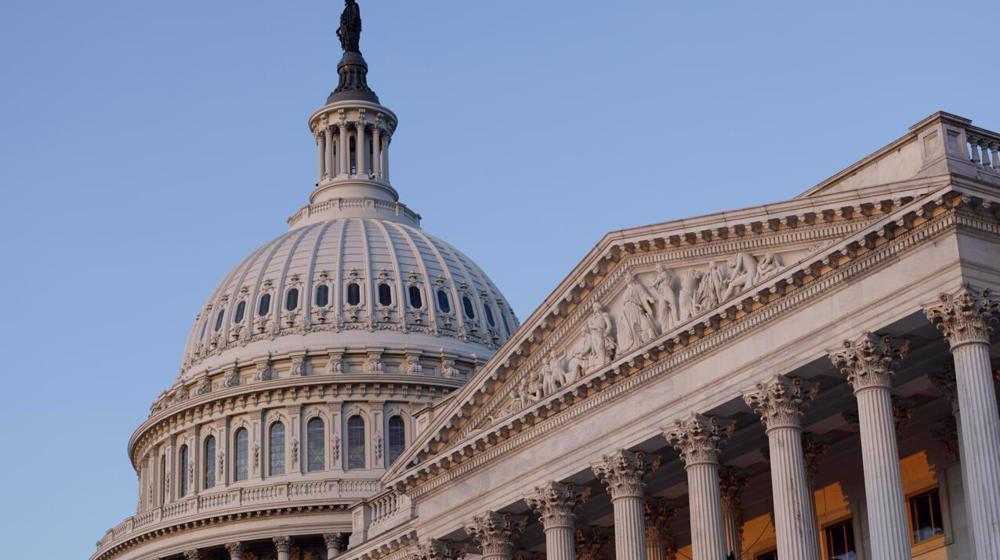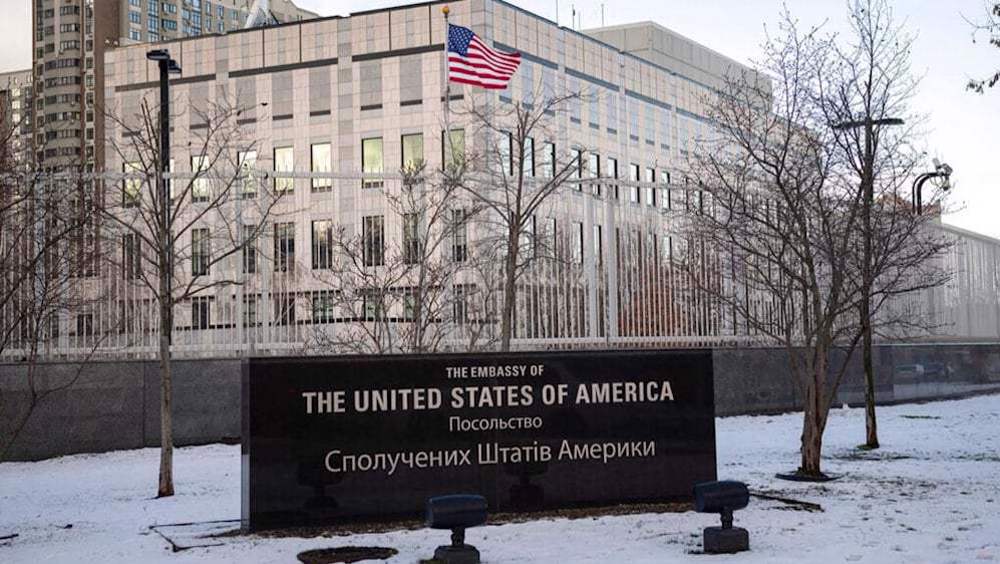Ex-Pentagon chief Mattis slams Trump’s leadership, says political divisions threaten US
Former US Defense Secretary Jim Mattis has warned that current political divisions in the US threaten American society, implicitly criticizing the administration of President Donald Trump.
In an essay adapted from his new book and published Wednesday by The Wall Street Journal, Mattis said he worries about the state of American politics and the Trump administration’s treatment of allies.
“We all know that we’re better than our current politics,” the former Pentagon chief and retired general wrote.
“Unlike in the past, where we were unified and drew in allies, currently our own commons seems to be breaking apart.”
In an apparent reference to Trump, Mattis added: “A polemicist’s role is not sufficient for a leader. A leader must display strategic acumen that incorporates respect for those nations that have stood with us when trouble loomed.”
Although Mattis doesn’t mention Trump by name in his op-ed, it’s clear he’s referring to the commander in chief, making the essay another public rebuke of the Republican president.
Mattis resigned in December after Trump announced plans to withdraw US troops from Syria, which he strongly opposed.
Trump later backed away from his decision, allowing a portion of the US troops to remain in Syria in what the Pentagon claims as an effort to prevent a resurgence of the Daesh terrorist group.
Mattis is breaking months of public silence as he promotes his new book, “Call Sign Chaos: Learning to Lead,” which is scheduled to be published September 3.
Without citing Trump by name, Mattis suggested the White House and its strongest critics are engaged in destructive politics. He said he worries more about internal divisions in US society than about foreign adversaries.
“We are dividing into hostile tribes cheering against each other, fueled by emotion and a mutual disdain that jeopardizes our future, instead of rediscovering our common ground and finding solutions,” he said.
Regarding his reasons for leaving the Trump administration, Mattis offered a more critical explanation than the one he wrote in his resignation letter.
“When my concrete solutions and strategic advice, especially keeping faith with our allies, no longer resonated, it was time to resign, despite the limitless joy I felt serving alongside our troops in defense of our Constitution,” he wrote.
VIDEO | Hezbollah rains attack drones down on elite Israeli brigade
Leader: All captains of criminal, Zionist, terrorist gang must be prosecuted
Iran further raises its oil prices for Chinese buyers: Report
Iran to launch major pressure-boosting projects in South Pars
VIDEO | Escalation amid ceasefire talks
EU's Borrell says ICC arrest warrants for Israeli leaders binding
VIDEO | Press TV's News Headlines
VIDEO | Massacre in Pakistan’s Parachinar sparks outrage











 This makes it easy to access the Press TV website
This makes it easy to access the Press TV website